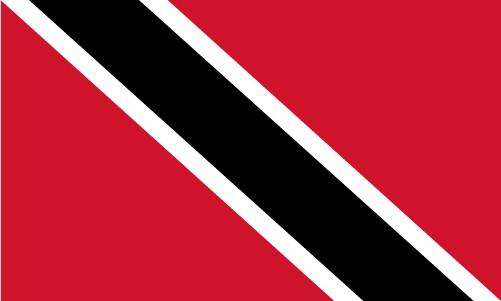Trinidad and Tobago completed its TNA in 2023.
Unlike many other Caribbean nations, Trinidad and Tobago has a relatively large industrial base. It is the largest producer of oil and gas in the Caribbean, sectors that contribute 46% to GDP.
Trinidad and Tobago’s TNA differs from other countries in the region by focusing primarily on mitigation, with adaptation treated in a more holistic way to increase resilience in all sectors.
In mitigation the approach focused on the country’s Nationally Determined Contribution (NDC) and its Implementation Plan (NDC IP) under the Paris Agreement as an area of priority implementation, as the NDC process had already undergone comprehensive stakeholder consultation and its implementation was deemed a priority from a national policy perspective. The analysis focused on the three sectors addressed in the NDC and the NDC IP: power generation, industry, and transport. The prioritised technologies were utility scale solar power generation; carbon capture and storage, and biofuels; electric vehicles, and information communication technology (ICT) for intelligent traffic management systems.
The adaptation component of the TNA built upon extensive work done in climate adaptation and mitigation including the Vulnerability and Capacity Assessment (VCA) conducted in 2018. The chosen sectors were agriculture, health, and water. Within these sectors, the prioritised technologies were solar-powered pressurized irrigation, and caterpillar tunnels; rooftop rainwater harvesting and, and smart water metering.
Two project ideas were developed – one for mitigation (in the transport sector) and one for mitigation (in the agriculture sector) both of which will derive co-benefits in other sectors examined under the TNA. The transport sector idea was subsequently developed further into a draft concept note on “Solar energy charging for electric vehicles” for possible submission to a funding agency.
Trinidad and Tobago’s TNA contributes to the following Sustainable Development Goals:





